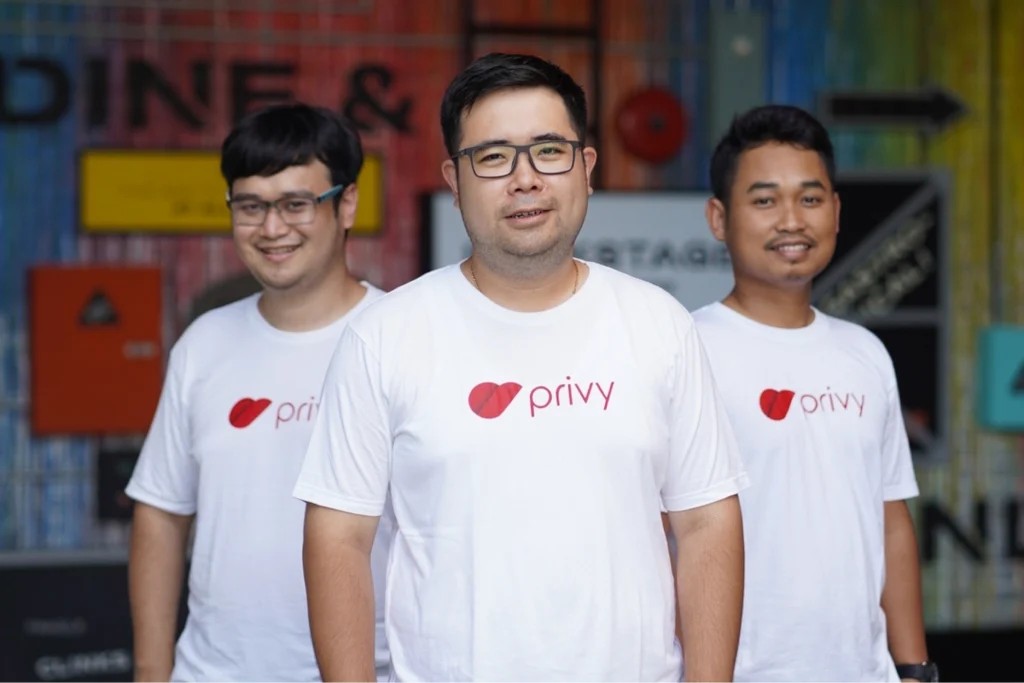Jakarta-based startup Privy has successfully extended its operations to Australia. Privy's Chief Information Officer, Krishna Chandra, revealed that Australia and other Western countries are increasingly focused on automation, driving higher demand for services like those offered by Privy.
“They really need products like Privy. Their willingness to pay is much higher than in Indonesia,” Krishna said during an interview at Privy’s office on September 16, 2025.
The company is targeting advanced markets with a culture that embraces automation, aiming to meet their evolving needs.
Australian Market Shows Higher Willingness to Pay for Automation Services
According to COO Nitin Mathur, Australian regulators are also paying close attention to Indonesia’s regulatory approach, especially concerning identity protection and its usage. This regulatory interest highlights the growing importance of secure and automated digital services.
AI Innovations to Enhance Privy’s Product Offerings
Privy is actively developing artificial intelligence (AI) solutions to streamline its services. Nitin emphasized that the company is redesigning its products to maintain human interaction while integrating AI to boost user productivity.
“The next innovation is what we call AI products. We maintain human interaction and are redesigning our products,” Nitin explained.
Expanding Use Cases to Boost Industry Adoption
Krishna shared that Privy is working to broaden the applications of its products. While electronic signatures and certifications may not yet be essential across all industries, expanding these use cases could accelerate adoption in new sectors.
“So, the use case has two angles: current products may grow, but expanding use cases may accelerate adoption across industries,” he said.
Privy Projects 35-40% Organic Growth in 2026
Looking ahead, Nitin projects that Privy will achieve organic growth of approximately 35-40% next year.
“We expect around 35-40% growth, which is organic,” he stated.
PHOTO: BISNIS TEKNO/PRIVY
This article was created with AI assistance.
Read More






 Thursday, 12-02-26
Thursday, 12-02-26







